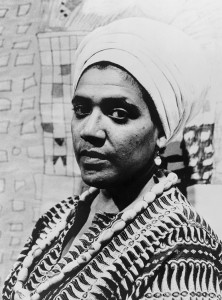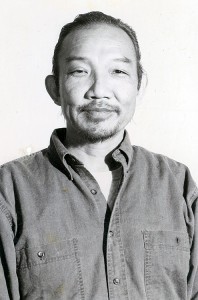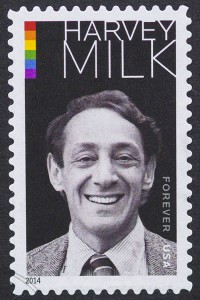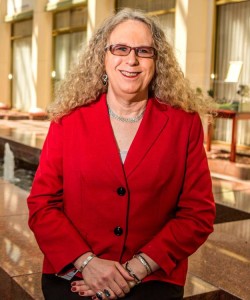LGBTQ+ Pride Month: Audre Lorde
Thursday, June 22nd, 2023
June is LGBTQ+ Pride Month. All month long, Behind the Headlines will feature lesbian, gay, bisexual, transgender, and queer or questioning pioneers in a variety of areas.
Not only a librarian and teacher but a leading African American poet, Audre Lorde wrote for several causes. Much of Lorde’s poetry deals passionately with issues of race, gender, and sexuality. She described herself as “Black, lesbian, mother, warrior, poet.”
Audrey Geraldine Lorde was born on Feb. 18, 1934, in New York City. She dropped the “y” at the end of her first name at a young age. She received a Bachelor of Arts degree from Hunter College in 1959 and a Master of Library Science degree from Columbia University in 1961. For much of the 1960’s, she was a librarian in Mount Vernon, New York, and in New York City. Lorde was a professor of English at John Jay College of Criminal Justice from 1970 to 1981 and professor of English at Hunter College from 1981 to 1986.
Lorde’s earlier poems concentrated on love themes. Beginning in the 1960’s, the civil rights movement in the United States inspired her to turn more toward political themes, attacking racial prejudice and sexual discrimination. She also wrote poems about parent-child relationships.
Lorde’s first collection of poetry was published as The First Cities (1968). Her later collections include Cables to Rage (1970), From a Land Where Other People Live (1973), New York Head Shop and Museum (1974), Coal (1976), Between Our Selves (1976), The Black Unicorn (1978), and Our Dead Behind Us (1986). The Collected Poems of Audre Lorde was published in 1997, after her death.
Lorde’s prose works include The Cancer Journals (1980), a highly praised description of her battle with breast cancer. She developed liver cancer in 1984 and continued her examination of her cancer condition in the essay collection A Burst of Light (1988). Cancer ultimately caused her death on Nov. 17, 1992. Lorde’s essays and speeches were also collected in Sister Outsider (1984). Lorde also wrote a novel, Zami: A New Spelling of My Name (1982).













